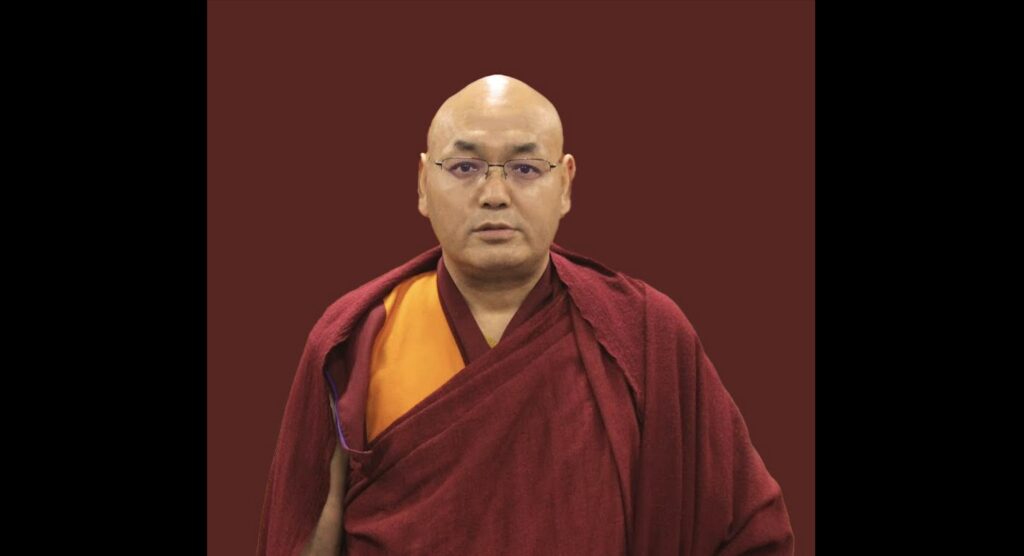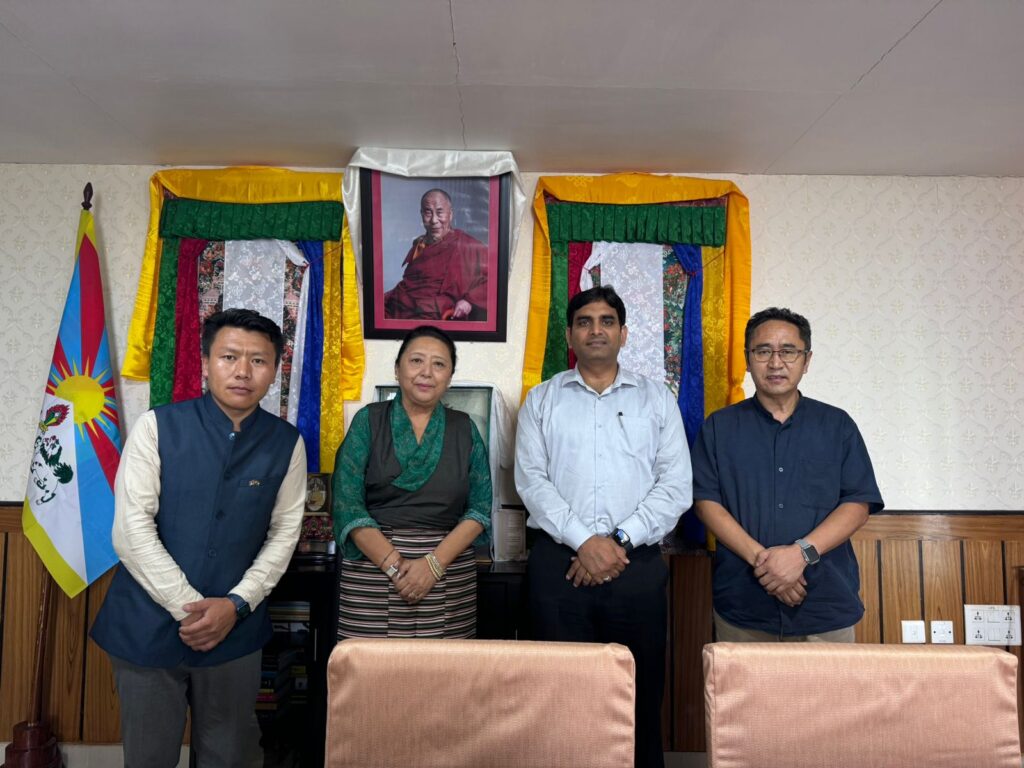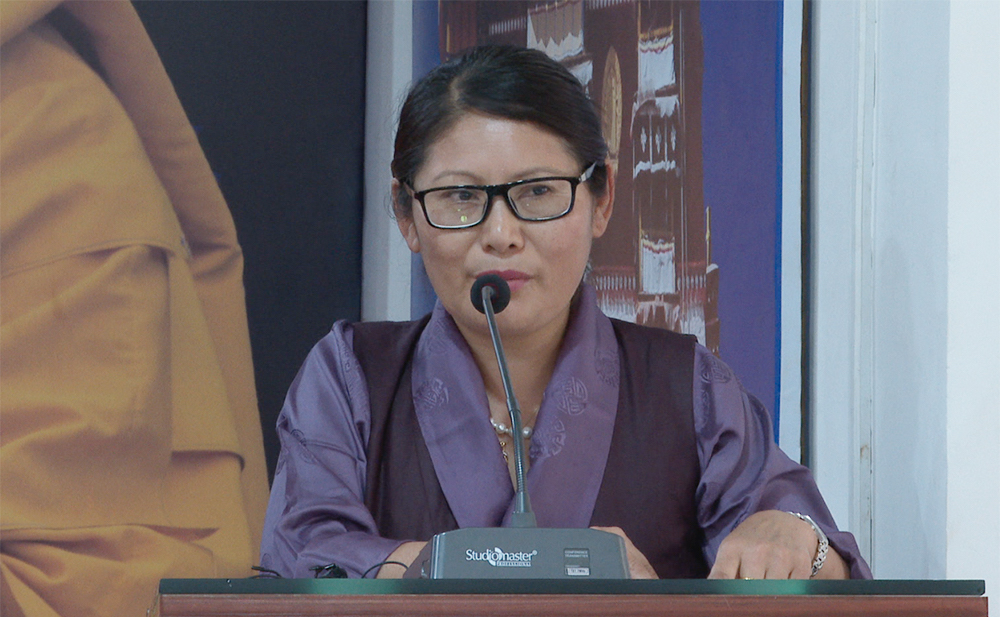‘Rule of Law is Indispensable to Progress of Democracy’
Tuesday, 15 November 2005, 3:35 PM
Dharamshala: Rule of law is indispensable to the progress of democracy in any community, said Kalon Tripa Prof. Samdhong Rinpoche, adding that the democratization of the exile Tibetan polity, along with the transformation of the Tibetan struggle into a non-violent struggle, is His Holiness the Dalai Lama’s most outstanding accomplishment.
 Kalon Tripa addressing the workshop Kalon Tripa addressing the workshop |
Of all the exile governments, Kalon Tripa said, the exile Tibetan administration is “an uncommon among the common”, as it has all the attributes and departments of a democratic government, irrespective of any recognition.
However, until a day comes when even the weakest people will have the motivation and courage to seek justice for their grievances against any authority or “vociferous” individual, a high state of equal rights for all cannot be attained, Kalon Tripa said.
“It is therefore very important that we further broaden the ambit of rule of law and make justice accessible to everyone.”
Speaking at the inaugural of a workshop organised by the Tibetan Supreme Justice Commission here at the Gangkyi hall, Kalon Tripa also said that, as in any country, issues related to the rulings of the Commission, division of power between and within the three organs of the exile administration, etc., are bound to arise.
“This however should not demoralise us. We should instead tackle these problems, one after another, as they arise, and move on,” Kalon Tripa said.
Dignitaries present at the inaugural include the Chief Justice Commissioner, Justice Commissioners, Kalon Thupten Lungrig, Deputy Karma Choephel (representing the Standing Committee of the Assembly), the Chairman of the Public Service Commission and the Election Commission, and the Auditor General.
Kalon Tripa Rinpoche exhorted the local justice commissioners, who are also civil servants deputed as officers of the tibetan settlements, to draw a fine line between their two roles. “While performing the role of a local justice commissioner, you must forget you are a civil servant,” Kalon Tripa said.
“You must learn to clearly demarcate the margins of your border and freedom.”
Over 40 local justice commissioners, along with circuit justice commissioners and advocates, about 100 in total, are attending the judicial workshop and conference, which will last until 22 November.
Kalon Tripa said that one of the greatest weaknesses in our community is the inability to distinguish between a person and the institution, citing that if a settlement officer punishes a staff for some wrongdoing, the concerned staff turns almost an adversary of that officer.
“This sort of mentality should change,” he said.
“The local justice commissioners must strive hard to reform the basic attitude of the people towards the rule of law and the distinction between a person and the institution.”
(www.tibet.net is the official website of the Central Tibetan Administration.)





